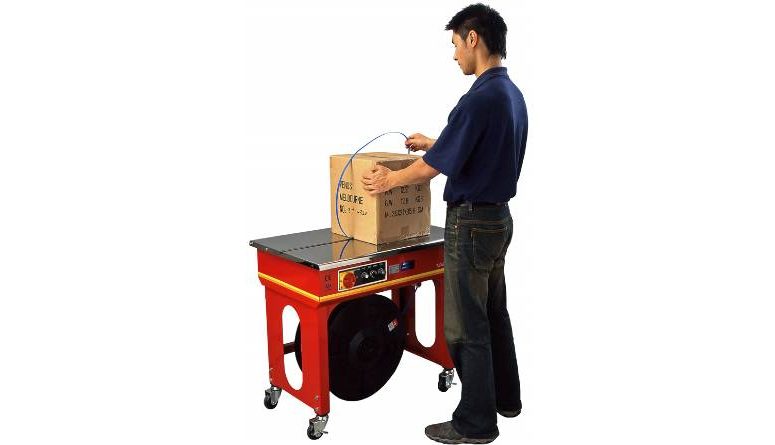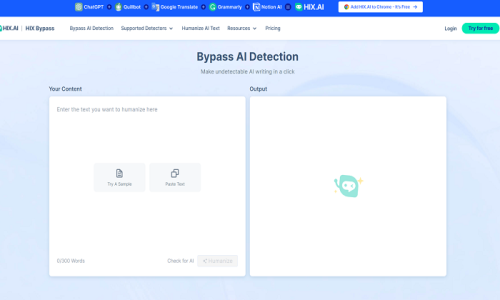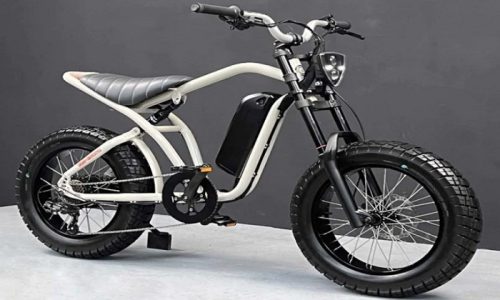
Handling other people’s clutter takes patience, understanding and having all the right tools on hand! If you’re starting a new business as a professional organiser you may be wondering what should be included in your toolkit.
Sticking to the basics is essential until you figure out what kind of decluttering work your clients want you to do. As your business expands you might find investing in larger equipment such as a strapping machine useful for sealing large boxes.
Read on and discover what tools are useful to have in your organising kit and start decluttering now with confidence and ease.
7 Useful Tools Every Professional Organiser Should Have in Their Toolkit
1. Sharp Tools
Every professional organiser building their toolkit from scratch starts with sturdy, good-quality sharp tools. Scissors, box cutters and a utility knife are all essentials you can’t do without when organising someone’s home or office. If your budget allows, consider doubling up on each item so you have spares on hand in case one breaks while you’re on the job.
2. Pencil Case and Office Supplies
A nifty pencil case to contain all your office supplies allows you to keep all your stationery organised and accessible while you’re sorting out the chaos. Useful office supplies include:
- Pencils and pens
- Marker pens
- Eraser
- Rubber bands
- Stapler and staples
- Binder and paper clips
- Permanent and removable labels (in various sizes)
- Sticky notes
Keeping a batch of envelopes in your toolkit always come in handy as does a notepad. Low-adhesive painter’s tape, packing tape, Scotch tape and double-sided tape should be included in your office supplies as well.
3. Hardware Tools
A small hammer and different-sized nails are convenient as is a set of screwdrivers. If your job entails removing items off walls you’ll be grateful to have these handy tools within reach. A pair of pliers never go amiss and a small, battery-operated drill saves you time in the long run, making it a valuable investment. A compact folding step-ladder lets you get to out-of-reach places, easily and safely.
While you’re out hardware shopping for your organising toolkit, consider adding the following items to your list too:
- Cable ties
- Hooks
- Measuring tape
A flashlight is hugely beneficial when you declutter and organise areas such as the basement, attic or garage that don’t have bright lighting. It’s handy for cleaning out dark cupboards, kitchen pantries and even the kid’s cubby house outside!
4. Personal Protective Equipment (PPE)
Having your own PPE gear protects you from the impact of allergens and other substances. Wearing a face mask reduces your exposure to dusty environments while a pair of gloves protect your hands when wiping up gunk or greasy spots.
Face masks, gloves and eye goggles protect you from mould, mildew, unpleasant odours and other harmful substances (and creatures) that could risk your health. The pros also recommend keeping a first aid kit because you never know when you’ll need a plaster or bandage to staunch bleeding on a nasty cut!
5. Useful Equipment
As your professional organising business expands and you take on a variety of clients with specific needs, equipment such as a strapping machine could become an asset. Strapping large boxes securely ensures your client’s goods are safe while being stored, sold or given away.
Another piece of equipment that could come in handy is a domestic or commercial vacuum sealer. These are commonly used in the food industry but they can be used to seal a wide range of non-food items such as electronics, holiday decorations, make-up, jewellery and documents.
6. Cleaning Supplies
While you could ask your client to have cleaning supplies available on site, having your own set ensures your job isn’t delayed by a client forgetting to provide it. Cleaning supplies such as cloths, rubbish bags, wipes, paper towels and dishwashing soap are useful for:
- Dusting out cupboards and drawers once you’ve decluttered them
- Removing the residue from old sticky labels
- Discarding or recycling old items
- Wiping down dirty surfaces
While your job may not include giving the location a thorough clean after decluttering and organising, keeping the area clean ramps up your reputation as a professional organiser!
7. Personal Supplies
Organising other people’s stuff is hard and thirsty work! Having a supply of drinking water, hot coffee or tea in a flask or your favourite energy drink keeps you energised while you work. Packing a lunch box with healthy food ensures you’re sustained for the day – snacks are useful when you don’t have time to stop and eat a full meal. Other personal supplies should include:
- Your mobile phone and charger
- Tissues
- Hand and sunscreen lotion
- A hat (if you’re cleaning out back yards, gardens or sheds)
Keeping your personal supplies to the minimum avoids you cluttering up your toolkit with stuff you don’t need. So, determine your personal habits and needs and pack accordingly.
Final Thoughts
Running a professional organiser’s business can be fun and successful as long as you have all the right tools. It allows you to be efficient, neat and professional while sorting out someone else’s clutter while building your reputation in the industry!




